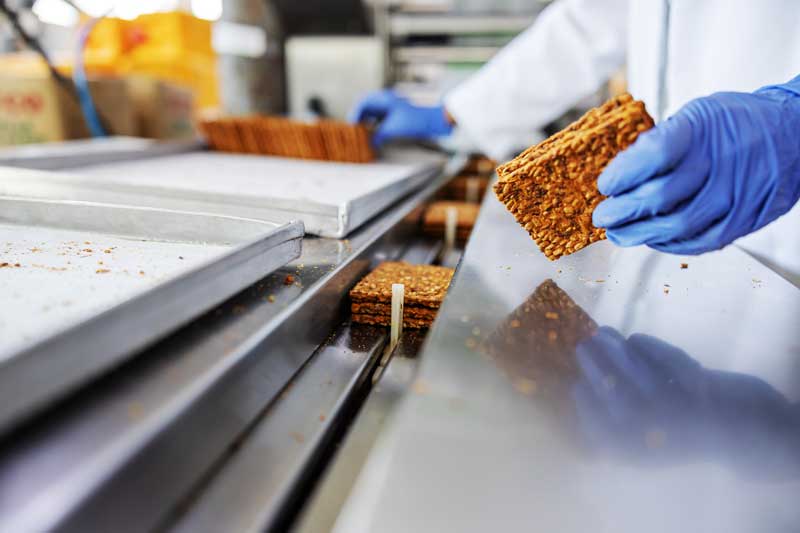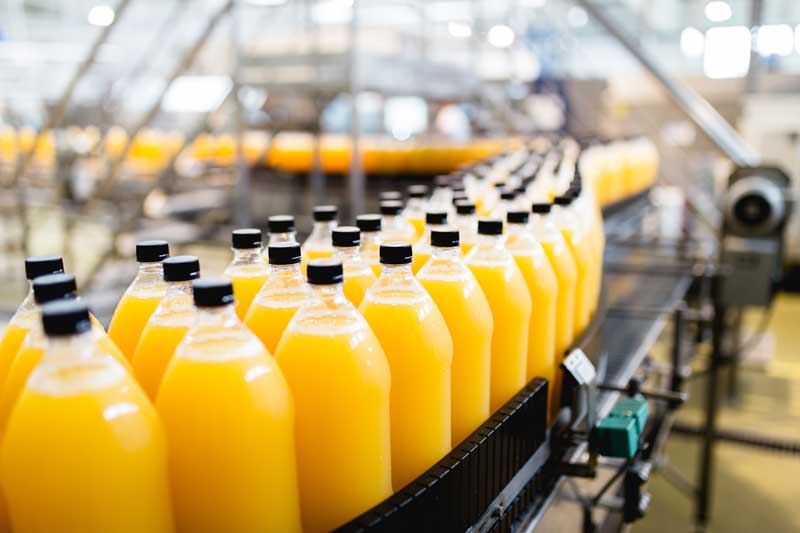Preparation for Preventive Control Plan (PCP) Inspections: Deviation vs Non-compliance (Part 1)
Preparation for Preventive Control Plan (PCP) Inspections: Deviation vs. Non-compliance (Part 1) It goes without saying that if you operate a food business whether as a manufacturer, processor importer or exporter (together as regulated parties), you are legally responsible for making sure that the food you sell is safe to consume and meets Canadian requirements. Maintaining compliance with regulations helps to ensure safety and quality throughout the food system with inspections being integral to enforcing food safety practices. One type of inspection that food businesses need a thorough understanding of is the Preventive Control Plan Inspection. To [...]












